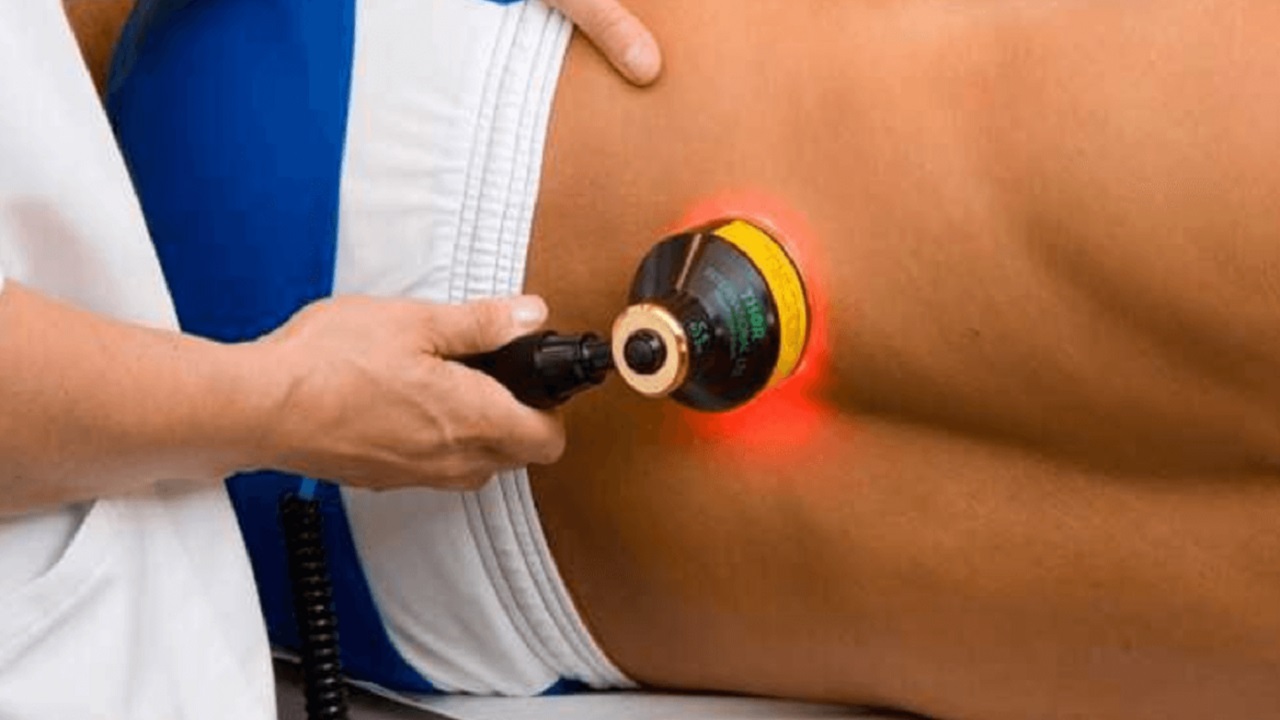The complicated and crippling condition known as Chronic Fatigue Syndrome (CFS) is typified by a persistent, inexplicable tiredness that does not go away with rest. A wide range of symptoms, such as extreme fatigue, immune dysregulation, musculoskeletal pain, and cognitive dysfunction, are frequently experienced by people with CFS. It can be difficult to manage CFS symptoms; a multimodal strategy that takes into account the condition's psychological as well as physical components is necessary. Let’s explore the low level laser therapy devices that have sparked a newfound optimism, offering a non-invasive and promising approach to alleviate the pervasive fatigue experienced by individuals living with this debilitating condition.
The Emergence of Low Level Laser Therapy
For those with CFS looking for a viable alternative to treat their symptoms, cold laser therapy, also referred to as low-level laser therapy (LLLT) or low-intensity laser therapy (LPLT), presents a promising option. Using particular light wavelengths to interact with tissues and cells, this non-invasive, drug-free method stimulates cellular function and encourages the body to produce energy. Cold laser therapy was first welcomed for its ability to heal injured tissue and relieve pain. However, in the face of CFS, it has become a glimmer of hope.
Mitigating Fatigue Levels
The most common sign of chronic fatigue syndrome (CFS) is widespread fatigue that greatly reduces quality of life and daily functioning. By increasing mitochondrial activity, the cellular process that produces adenosine triphosphate (ATP), the main source of cellular energy, cold laser therapy combats this crippling fatigue. Cold laser therapy improves cellular function to reduce fatigue and restore vitality, allowing people with CFS to participate more fully in everyday activities.
Targeting Inflammation
Apart from its immediate effect on fatigue levels, Cold Laser Therapy has strong anti-inflammatory properties that help lower the systemic inflammation that is frequently linked to CFS. Fatigue is a result of chronic inflammation, which also makes other symptoms like immune dysregulation, cognitive decline, and muscle soreness worse. Cold laser therapy provides comprehensive relief by reducing inflammation and addressing various aspects of the intricate pathology of CFS.
Safe and Accessible Treatment
The simplicity and safety of cold laser therapy are two of its most alluring features. In contrast to pharmaceutical interventions that might have side effects or necessitate ongoing medication management, cold laser therapy is safe and well-tolerated. This therapy provides people with CFS with an easy way to manage their symptoms, whether it is self-administered at home using portable devices or administered by a healthcare professional.
Enhancing Overall Well-being
For those with CFS, cold laser therapy improves general well-being beyond just managing fatigue. This therapy targets the sleep disturbances and cognitive dysfunction that are characteristic of CFS by encouraging restorative sleep and mental clarity. Through better sleep and cognitive function, Cold Laser Therapy helps people with CFS take back control of their lives and participate more fully in everyday activities.
Complementary Approach
In addition to traditional methods, Cold Laser Therapy is a useful adjunct to current CFS treatment modalities. Cold laser therapy works in concert with other therapies, such as lifestyle changes, medication, or other complementary therapies, to improve the quality of life and maximize results for people with CFS.
Conclusion
In summary, cold laser therapy is a ray of hope for those suffering from the debilitating effects of chronic fatigue syndrome. This non-invasive therapy provides hope in the midst of fatigue by using light's ability to stimulate cellular function, reduce inflammation, and promote overall well-being. Cold laser therapy has the potential to completely change how CFS is managed, giving people the ability to regain their vitality, resilience, and happiness in life with more study, creativity, and cooperation.


